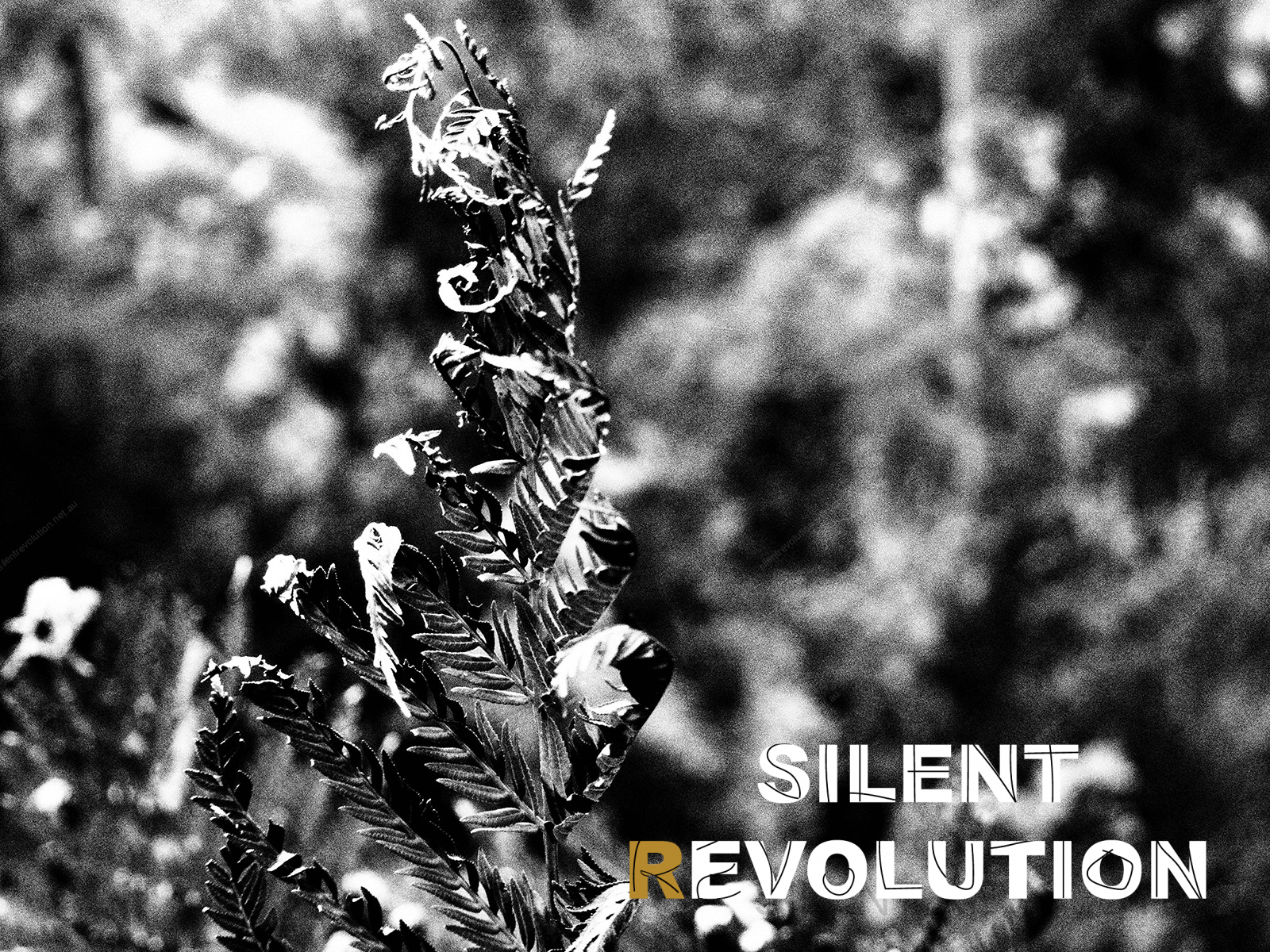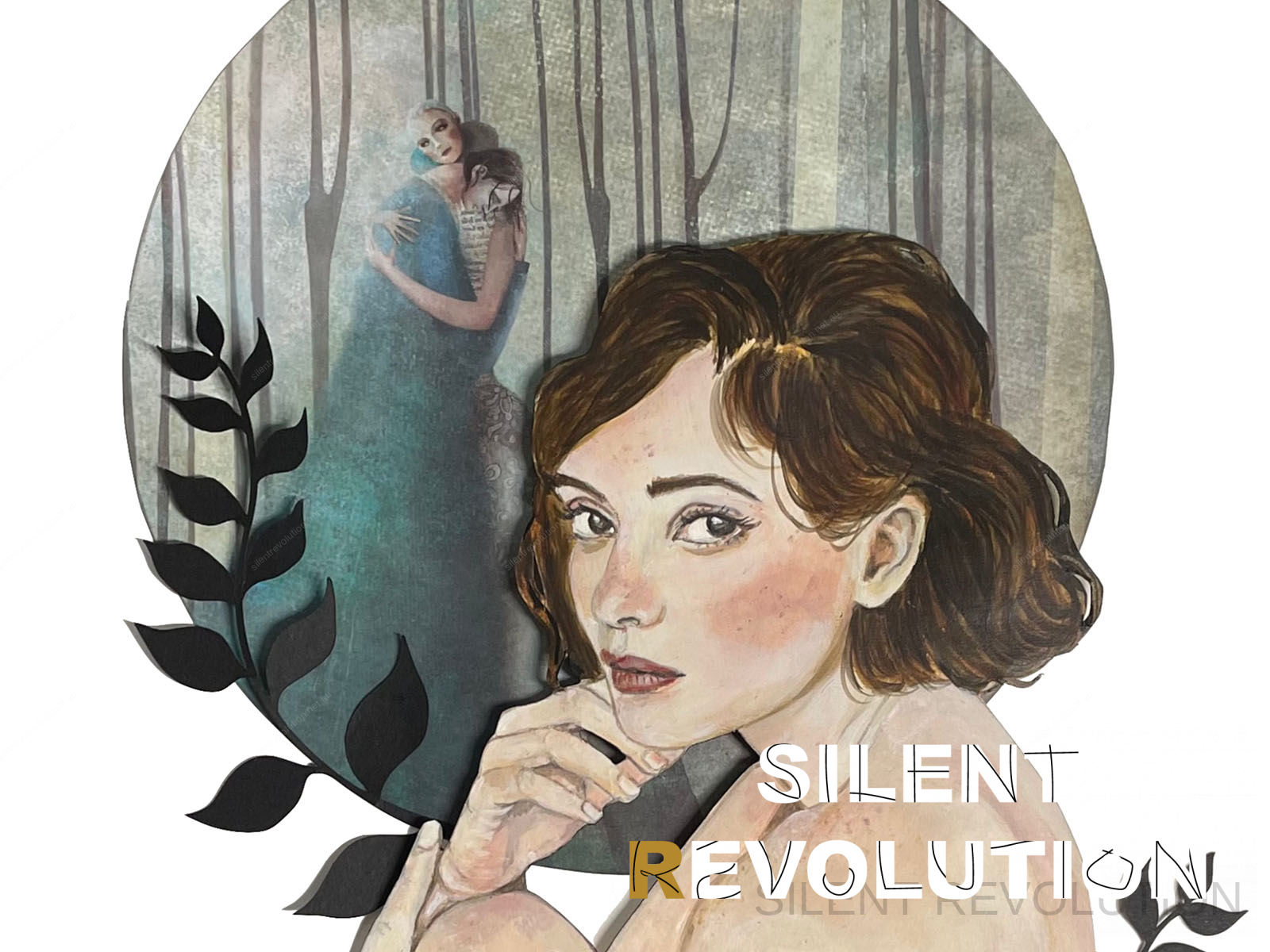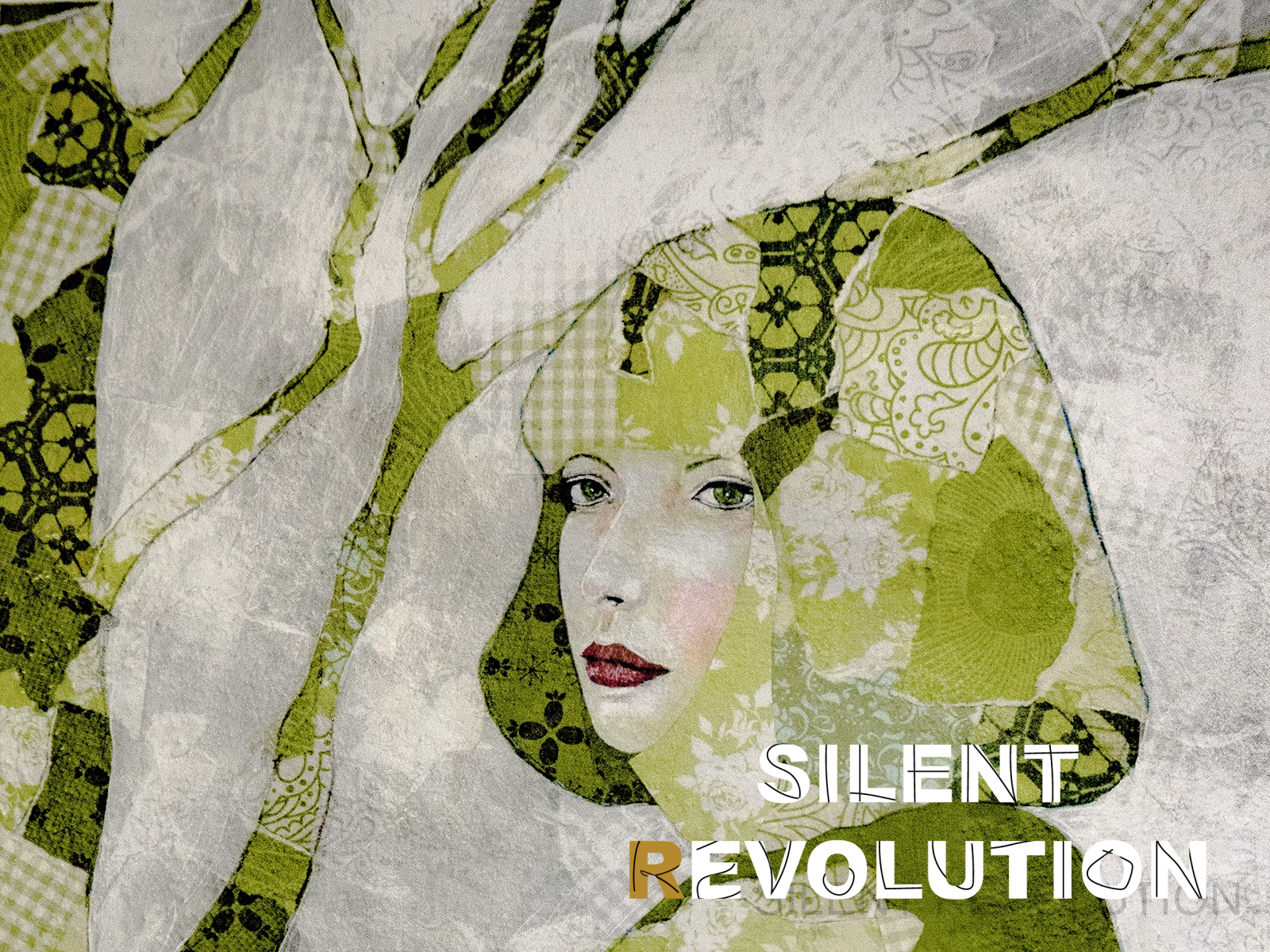
The Beginning of the End of Involuntary Treatment
In this moment, I end involuntary treatment.
I’m no longer compelled to treat a mental illness I never believed in anyway.
But I sought healing, nonetheless.
For now, I stop my compulsion to seek personal transformation.
It’s the beginning of the end of involuntary treatment of myself, at my own hands.
No more subjecting myself to having to get saner, wiser, healthier, wealthier, or more successful.
I’m changing my mental health system from within.
The consumer, nurse and psychiatrist of my mind are working together.
I leave the past in the past.
My Royal Commission submission statement is simply:
I forgive myself.
I take responsibility for the maddening reality of my past: involuntary treatment, separation from my husband, seclusion, restraint, and forced injection of sedatives.
These treatments don’t help an already distressed mind.
But my mind lives within me, and I’m responsible for it.
I can’t ask the system to change if I don’t end my own punitive approach towards myself.
—
In an ideal world, each member of the mental health system would end involuntary treatment of their own minds.
The mind will always chatter – judge, compare, and condemn – and go insane, to varying degrees.
There will always be people who need treatment, and those who do the treating.
But we can all take our wellbeing into our own hands – the treater and the treated – by pausing and observing our thoughts and feelings.
We notice our mind at play, dancing with our body’s sensations.
We become aware of who is watching.
We have the opportunity to realise we’re the totality of everything – of inseparable wholeness.
We volunteer our own treatment:
Choosing presence over coercion.
How are you involuntarily treating yourself?
In what ways do you compulsively condemn and try and fix yourself?
When can you practice being present today? Now?
Photography by Jasmine Powell





